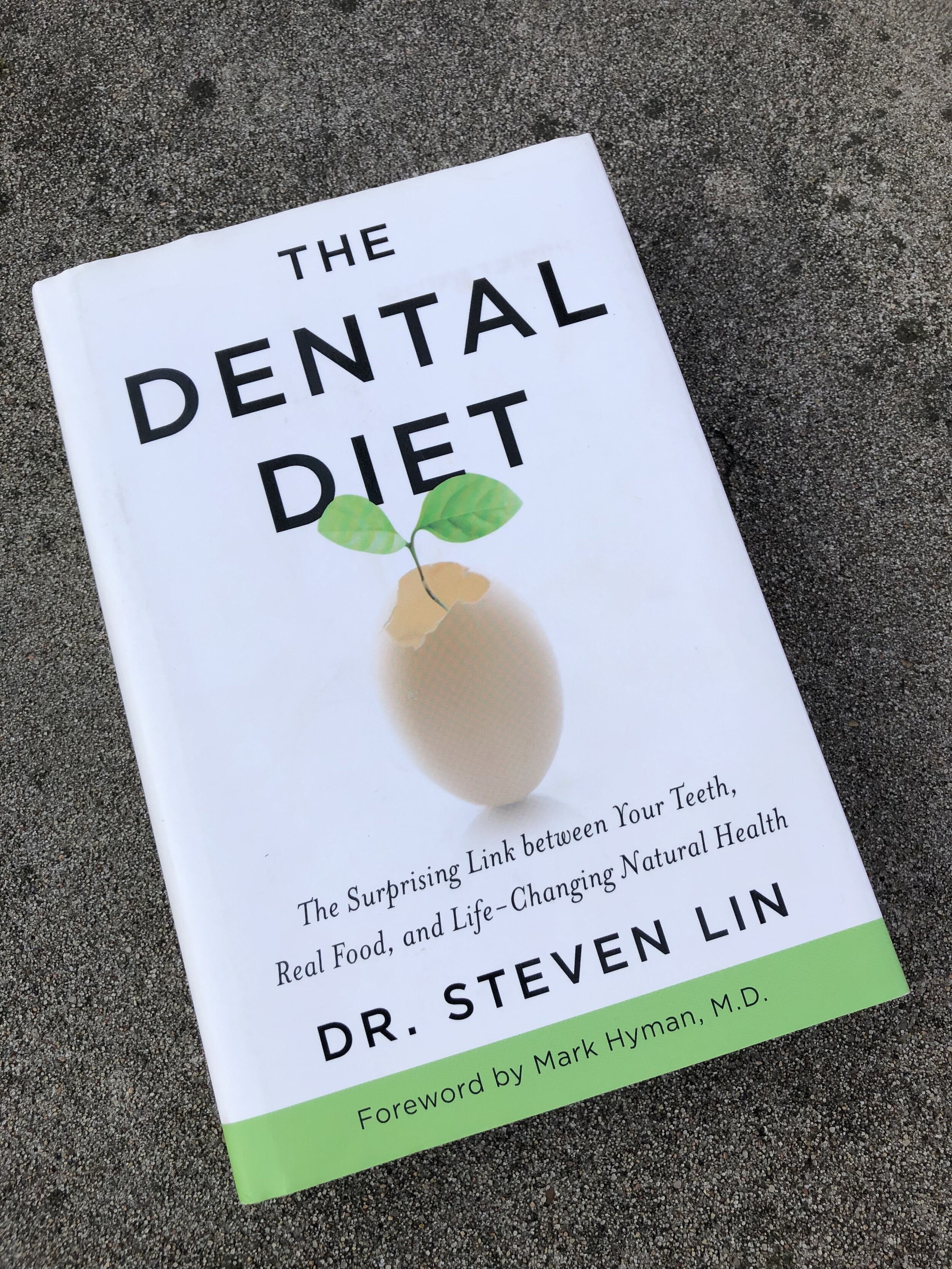Kansas City Myo & Wellness: orofacial myofunctional therapy, health coaching, and wellness. Breathe your best life and bloom.
What does my tongue have to do with my sleep?
When you think of sleep problems, an image of an obese middle-aged man wearing a CPAP may come to mind. Unfortunately sleep disordered breathing is much more widespread and common. Petite framed women with small facial structure and thus a small airway often report symptoms like non-restful light sleep, frequent wakening, and fatigue (UARS). Young children with small mouths, crowded teeth, and enlarged tonsils and adenoids suffer from snoring, prolonged bedwetting, and ADHD-like symptoms.
Why is this happening?
One of the reasons is the way our faces develop narrower now due to factors such as:
Shorter duration of breastfeeding (which strengthens facial muscles and assists in jaw growth)
Bottles, pacifiers, sippy cups, puree pouches that promote a low tongue posture (the tongue in the palate helps shape the roof of the mouth/upper dental arch)
A softer modern diet of processed food with less nutrient density and requiring less chewing to work facial muscles needed for growth of the jaws
Mouthbreathing (an open low jaw and tongue over time leads to longer narrower faces and airways)
Check out these books: Jaws , The Dental Diet, and Breath
Another reason this happens is due to the position of the tongue. When we sleep the tongue should be lightly suctioned to the roof of the mouth, this keeps it up and out of the airway. If your tongue is weak, tethered with a tongue tie, or is in the habit of being held lower in the mouth, then during sleep it falls down and back. This either blocks the airway completely or narrows the airway.
If your airway is blocked completely, then you stop breathing (an apneic event.). Even if a CPAP is being used, no amount of air pressure blasted in will move the tongue out of the airway and you will have to wake up and gasp to start breathing again. Orofacial myofunctional therapy is a great adjunct therapy to make CPAP use more effective because it establishes neuromuscular patterns to keep the tongue up and out of the airway.
If your airway is partially blocked or the diameter is narrowed from the tongue falling back, this makes breathing more difficult. When it is more difficult to breathe, your body has trouble reaching the deep stage of sleep. A lack of enough deep sleep can affect memory, healing, pain thresholds, brain restoration and energy. This condition is referred to as Upper Airway Resistance Syndrome or UARS. Myofunctional therapy can be beneficial to encourage an open airway when sleeping.
Think about the diameter of a straw as your airway… Is a narrow skinny straw easier to breathe through or a big wide one?
If the maxilla and mandible (upper and lower jaws) are too underdeveloped then expansion through appliances or surgery could be recommended by an airway centric functional dentist.
Why does it matter?
Short term the effects of bad sleep mean lower energy, brain fog, irritability, ADD, ADHD, difficulty concentrating, a need for caffeine and sugar to get through the day, and not feeling your best.
Long term poor sleep and breathing place stress on your body, create hormonal imbalance, and put you at risk of other health problems like heart attack, stroke, diabetes, difficulty maintaining a healthy body weight, dementia, and cancer.
The Effects of Poor Sleep







